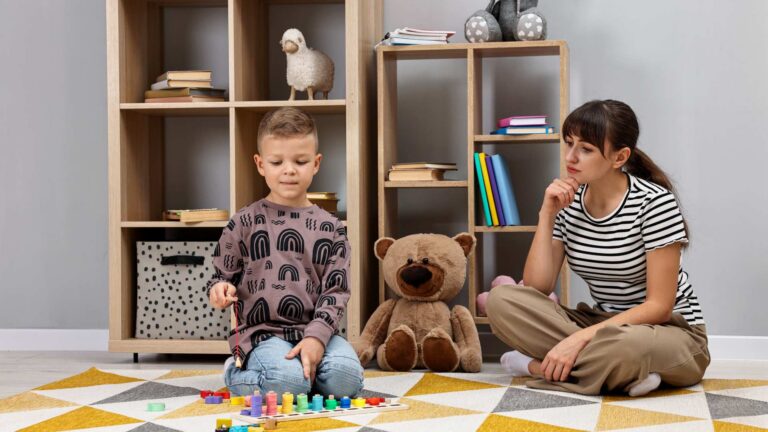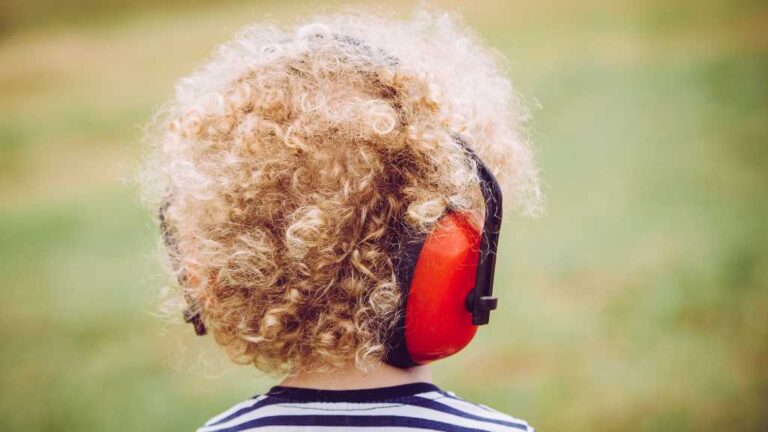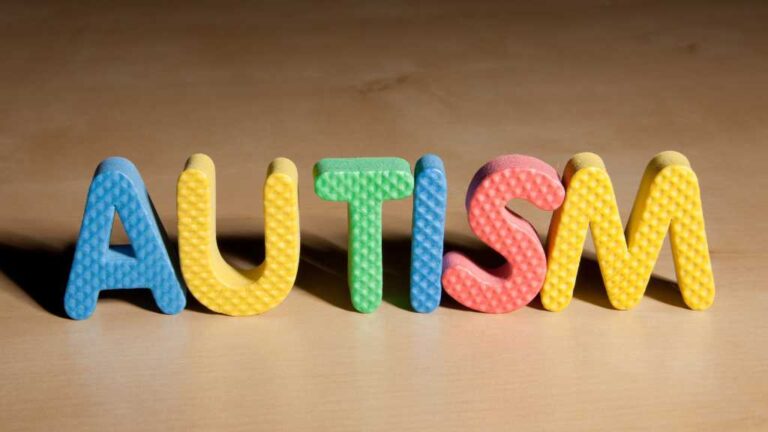Table of Contents
How can families make Thanksgiving a time of comfort and connection for children with autism?
For many families, Thanksgiving is a time of warmth, laughter, and gratitude. The smell of favorite dishes fills the air, conversations flow easily, and loved ones gather to share stories and traditions. But when it comes to children with autism spectrum disorder (ASD), these same celebrations can feel unfamiliar or overwhelming. That’s why creating an autism-friendly Thanksgiving is so important; it helps make the season inclusive, joyful, and less stressful for every member of the family.
Children with autism often experience the world differently. Sensory issues in autism include being sensitive to sounds, smells, lights, or textures that others find tolerable. Sudden changes in routine or social expectations can heighten anxiety and make it hard to enjoy the festivities. Recognizing these experiences allows families to plan and create an environment where their child feels comfortable, understood, and included.
At ABA Centers of Georgia, we know that the holidays can bring excitement and challenge for families navigating the spectrum. With preparation, empathy, and flexibility, it’s possible to create an autism-friendly Thanksgiving that honors each child’s unique needs and strengths while keeping the true spirit of gratitude at the center.
Understanding Why Thanksgiving Can Be Overwhelming for Children with Autism
Thanksgiving is rich with experiences that stimulate all five senses: food aromas, laughter, bright decorations, and bustling homes. But for children with autism, these same elements can create discomfort.
Children on the spectrum often rely on structure to feel secure. Holidays, new meal times, unfamiliar places, and faces can create sudden changes that confuse or distress them.
Additionally, sensory issues in autism, such as sensitivities to noise, textures, or smells, can turn what should be a celebration into a stressful situation.

Social expectations also play a role. A child who struggles with communication may not enjoy greeting relatives, joining group conversations, or responding to questions on demand. Even well-intentioned gestures like hugs can feel overwhelming without warning.
Understanding these reactions helps caregivers create an autism-friendly Thanksgiving that supports comfort and emotional safety above all else.
Common Challenges During Thanksgiving for Kids with Autism
Every child experiences Thanksgiving differently, but there are common factors that can make the holiday more challenging for children with autism and sensory sensitivities:
Unpredictable Routines
Children with autism find comfort in consistency. The changes that Thanksgiving brings, such as travel plans, late meals, or different sleeping arrangements, can increase stress and lead to behavioral challenges.
Sensory Issues in Autism
The combination of cooking smells, background chatter, bright lights, and crowded spaces can be overwhelming. Many neurodiverse children experience sensory sensitivities, making it difficult to filter or manage all that input.

Social Pressures
Family gatherings can come with expectations to make eye contact, participate in group activities, or show affection. These moments can feel uncomfortable for a child who communicates or interacts differently.
Unfamiliar Foods
Thanksgiving tables often include new textures, colors, or smells. Children with autism may have selective eating habits or prefer familiar foods, which can make traditional meals stressful.
Transitions and New Environments
Moving from one activity to another or spending time in a new place can be disorienting. Without structure or clear cues, transitions can trigger anxiety.
Understanding these triggers allows families to plan and adapt autism-friendly Thanksgiving traditions to better support their child’s needs.
10 Practical Tips for an Autism-Friendly Thanksgiving
A joyful, autism-friendly Thanksgiving is about embracing flexibility and creating balance. Here are ten simple yet powerful ways to make the holiday more inclusive and comfortable for children with autism.
Prepare Early
Talk about Thanksgiving days or weeks in advance. Use photos, videos, or visual schedules to show what to expect. Familiarity reduces anxiety and helps your child feel prepared.
Keep Routine Elements
Try to maintain consistent parts of the day, such as morning rituals, playtime, or bedtime. Predictability provides comfort and a sense of control.
3. Create a Sensory-Friendly Space
Designate a quiet area where your child can take breaks when things get overwhelming. Bring comforting objects, weighted blankets, or noise-canceling headphones.
4. Manage Sensory Inputs
Adjust lighting, volume, and scents. Dim bright lights, lower background noise, and minimize strong cooking odors. Reducing stimulation helps prevent sensory overload.

5. Bring Familiar Foods
Include your child’s favorite foods at the table. Even one familiar dish can help them feel included and reduce anxiety around new textures or flavors.
6. Prepare Family Members
Let relatives know about your child’s preferences. Explain that hugs or conversation may not be comfortable and that simple greetings or smiles are wonderful.
7. Encourage Participation
Give your child a small, predictable role in the celebration. Setting the table, stirring ingredients, or handing out napkins can build confidence and connection.
8. Use Visual Cues for Transitions
Countdown timers or visual cards can help children understand when activities are changing, making transitions smoother and less stressful.
9. Focus on Gratitude Their Way
Children express gratitude in many forms, through words, drawings, gestures, or simply being present. Encourage their unique way of showing appreciation.
10. Celebrate Small Wins
Success doesn’t mean perfection. Whether your child joins for dessert, tries a new dish, or spends time near family, every small step is a meaningful victory.
The Power of Empathy and Understanding

An autism-friendly Thanksgiving revolves around empathy. Every child with autism sees and interacts with the world in their own way. When families and friends approach the holiday with patience and understanding, it creates a welcoming atmosphere where everyone feels valued. It’s okay if plans shift or if your child needs some quiet time. What truly matters is that they feel safe, respected, and loved.
How ABA Centers of Georgia Supports Families Beyond the Holidays
At ABA Centers of Georgia, we understand that holidays are only one part of a child’s journey. Our mission is to help families build routines, skills, and confidence that last all year long. We offer early intervention and personalized ABA therapy designed to support each child’s unique developmental and sensory needs.
Our team works in homes, schools, and our Georgia-based centers, including Alpharetta, Atlanta, Buckhead, and Marietta, to help children strengthen communication, social skills, and emotional regulation. Beyond therapy, we host community and seasonal events that bring neurodiverse families together, promoting connection, inclusion, and celebration.
Whether your family is preparing for Thanksgiving, navigating daily challenges, or seeking long-term support, ABA Centers of Georgia is here to help every child thrive in their own way.
If you’d like to learn more about our services or connect with our team, call (855) 929-5058 or reach out online. Together, we can make every season feel joyful, inclusive, and full of possibilities.









